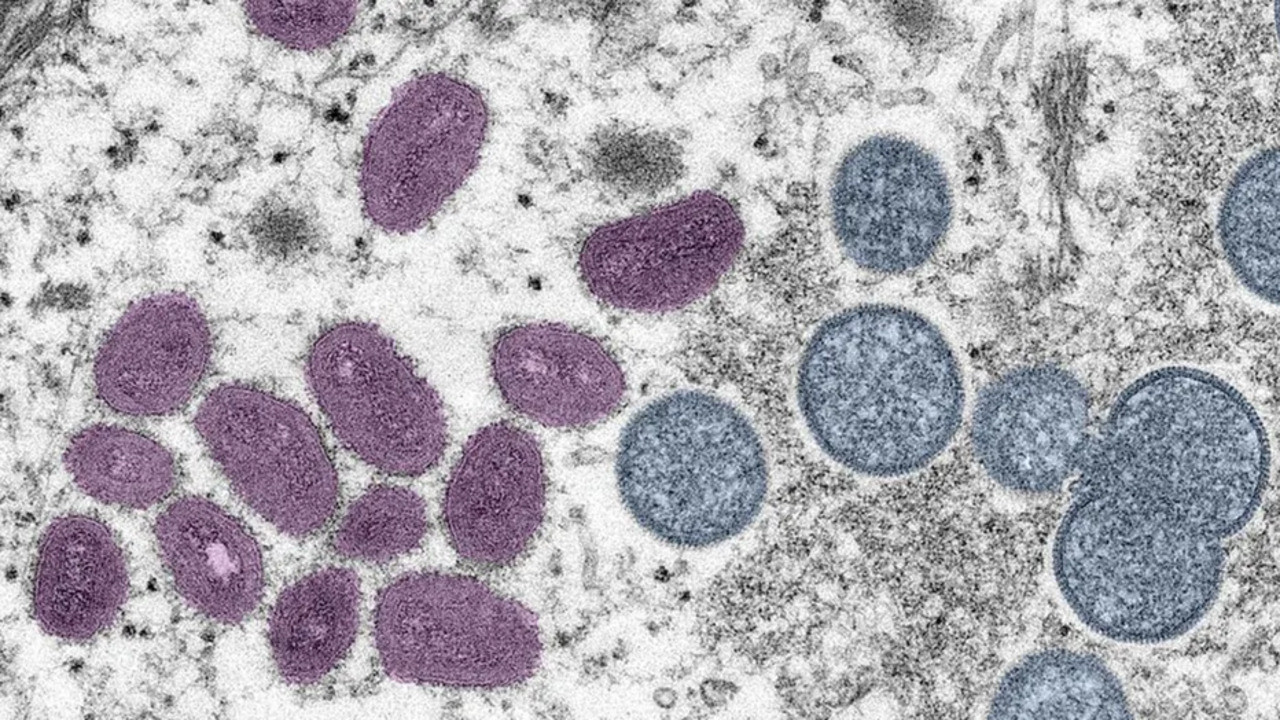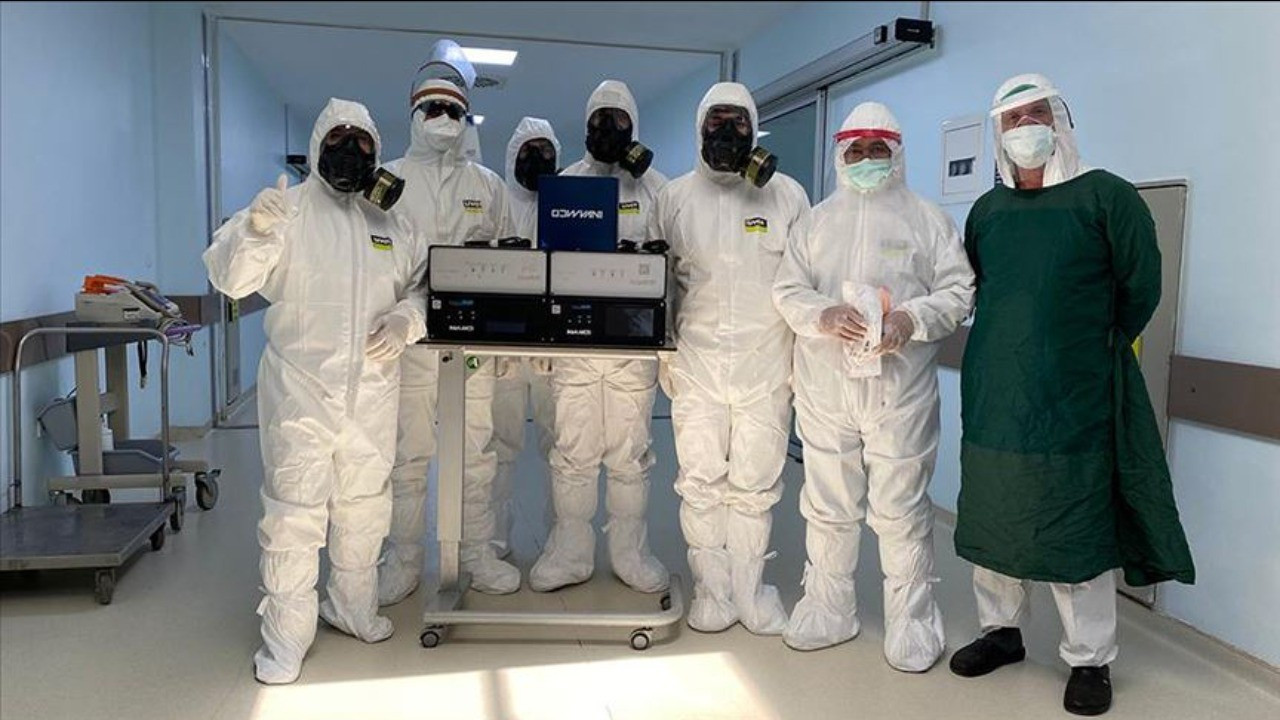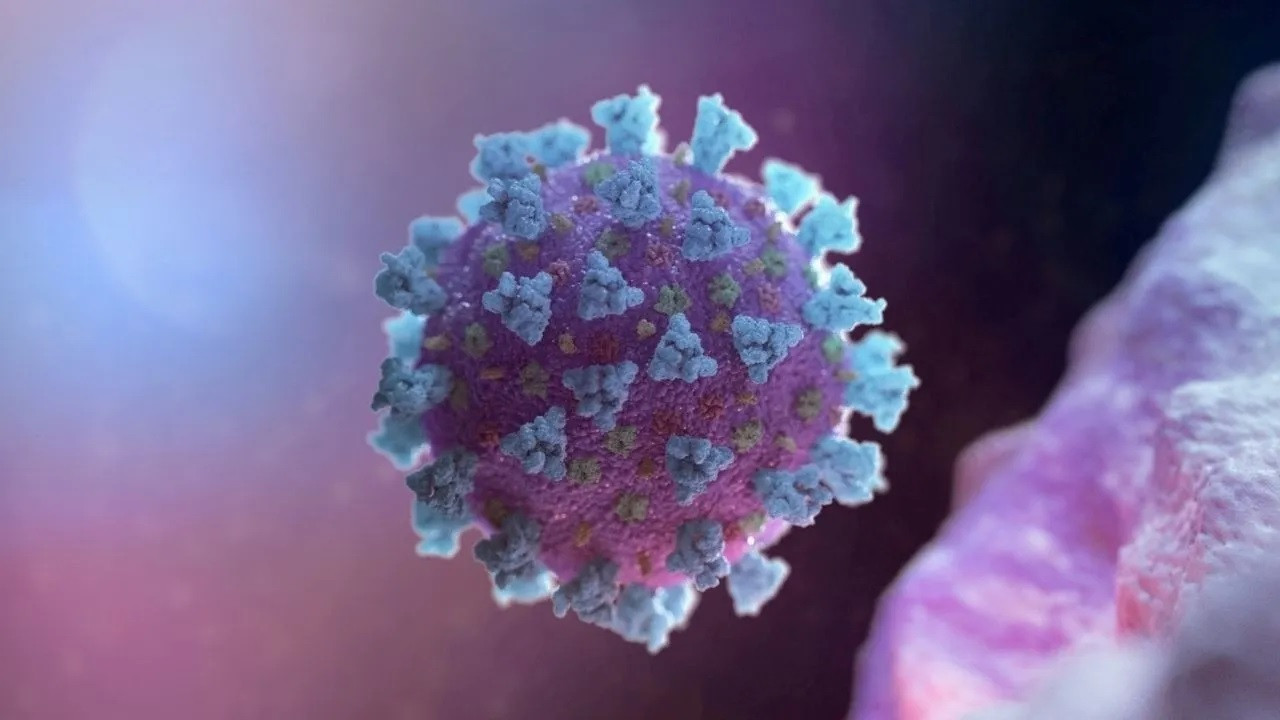Turkish health directorate denies mpox quarantine rumors
The Ankara Provincial Health Directorate has rejected allegations that four patients suspected to carry the mpox virus were quarantined. Officials noted that no confirmed cases have yet been detected in 2024.
Duvar English
In an official statement, the provincial health directorate of the Turkish capital Ankara on Aug. 22 denied rumors regarding quarantines for suspected mpox cases.
A person brought to Ankara Etlik City Hospital was quarantined on suspicion of having mpox, reported the oppositional television channel SözcüTV. The report also included claims that three more people suspected of having mpox were quarantined at Bilkent City Hospital on August 21, while tests to confirm the disease were ongoing.
The Ankara Provincial Health Directorate refuted these allegations, stating,
"Recent claims in various media outlets that patients suspected of having mpox have been quarantined in Ankara necessitate this clarification to inform the public.”
The statement denied that any patients were quarantined in any of Ankara’s healthcare facilities due to suspected mpox disease.
“Such claims are baseless and aim to create unnecessary panic,” warned the directorate.
Health Ministry officials stated that PCR tests conducted as a precaution on patients at Ankara Bilkent City Hospital suspected of having mpox came back negative. The patients were diagnosed with scabies and hand-foot disease instead, reported the daily Sözcü.
The World Health Organization (WHO) on Aug. 14 declared a global public health emergency due to the mpox virus, also known as monkeypox.
In 2024, 17,541 mpox cases and 517 deaths were reported from 13 African countries, according to the Centers for Disease Control (CDC).
New cases have been reported in Pakistan, Thailand, the Philippines, Australia, and Sweden.
Countries have begun taking preventative measures and pledging aid to African countries that have been hit the hardest by the disease. France is to provide 100,000 doses of vaccine to African countries where the virus is present in an effort to contain the outbreak.
The United Kingdom also announced that it would provide 4 million dollars to help the most affected communities "to tackle ongoing outbreaks of mpox and cholera."
The mpox virus is transmitted by rodents such as mice and squirrels or infected individuals. The first symptoms may appear in 5 to 21 days after contracting the virus. The virus usually causes high fever, head, back, and muscle pain, swelling of the lymph nodes, fatigue, chills, chills, and blisters on the skin similar to chickenpox.


 Health ministry announces no Mpox cases detected in TurkeyHealth
Health ministry announces no Mpox cases detected in TurkeyHealth Former Health Director denies uninformed medical testing on Covid patients in Diyarbakır during pandemicHealth
Former Health Director denies uninformed medical testing on Covid patients in Diyarbakır during pandemicHealth January deaths from 'infection' surpass peak 2021 pandemic numbers in IstanbulHealth
January deaths from 'infection' surpass peak 2021 pandemic numbers in IstanbulHealth